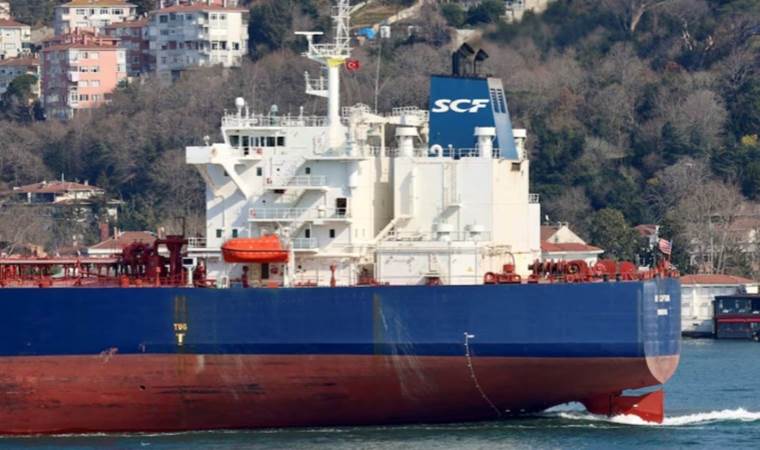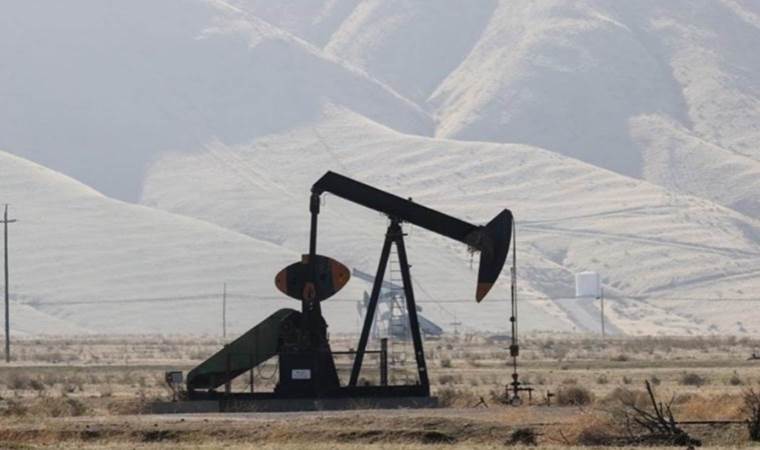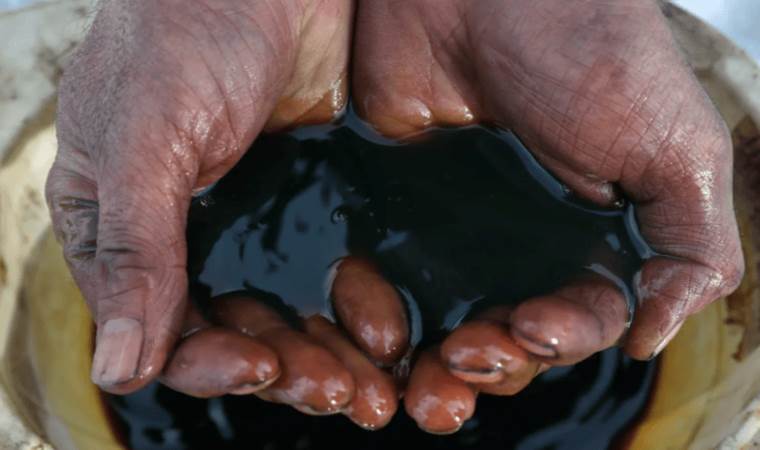Russia faces payment hurdles: China, UAE, Turkey tighten banking scrutiny
Russian oil companies are experiencing payment delays for crude and fuel, spanning up to several months, as banks in China, the United Arab Emirates (UAE), and Turkey heighten vigilance to adhere to U.S. sanctions, according to eight sources familiar with the situation.

This increased scrutiny is disrupting the Kremlin's revenue streams, aligning with Washington's dual objectives of penalizing Russia for its actions in Ukraine while maintaining global energy supplies.
Banks in these countries have recently enhanced their compliance protocols, leading to delays and sometimes rejection of payments to Moscow. The financial institutions are now requiring clients to confirm that no individuals or entities from the U.S. Special Designated Nationals (SDN) list are involved in transactions.
Specifically, in the UAE, the First Abu Dhabi Bank (FAB) and Dubai Islamic Bank (DIB) have paused several accounts associated with Russian trade, sources revealed. Meanwhile, payments through Mashreq bank in the UAE, along with Turkey's Ziraat and Vakifbank and Chinese banks ICBC and Bank of China, are still processed but with significant delays.
When approached, Mashreq bank declined to comment, and there was no response from the other banks mentioned.
Kremlin spokesperson Dmitry Peskov acknowledged the payment challenges amidst what he described as "unprecedented pressure" from the United States and the European Union on China. However, he expressed confidence that these hurdles would not impede the progression of Russia's trade and economic relations with China.
The backdrop to these developments is a series of sanctions imposed by Western nations following Russia's invasion of Ukraine in February 2022. Notably, trading Russian oil remains legal provided it's priced below the $60 per barrel cap set by the West. After initial disruptions, Russia redirected its oil exports to Asia and Africa, mitigating the impact of European sanctions.
Concerns among banks and companies regarding the threat of U.S. secondary sanctions resurfaced in December following a U.S. Treasury executive order. This directive was the first to explicitly warn of sanctions for circumventing the Russian oil price cap, placing Russia's trading status in a similar category to Iran in certain respects.
In response, banks in China, the UAE, and Turkey dealing with Russia have bolstered their transaction vetting processes, including requiring additional documentation and expanding staff training to ensure compliance with the price cap. The scrutiny extends to verifying the ownership and control of companies involved in transactions to prevent exposure to the SDN list.
One banking source noted that UAE banks, in particular, faced increased payment scrutiny in February as they were required to report transactions involving China on behalf of Russian entities to U.S. correspondent banks and the Treasury. This has resulted in notable payment delays to Russia, with one source citing a two-month delay and another indicating delays of two to three weeks, affecting transactions across different currencies, including direct yuan-ruble exchanges.



